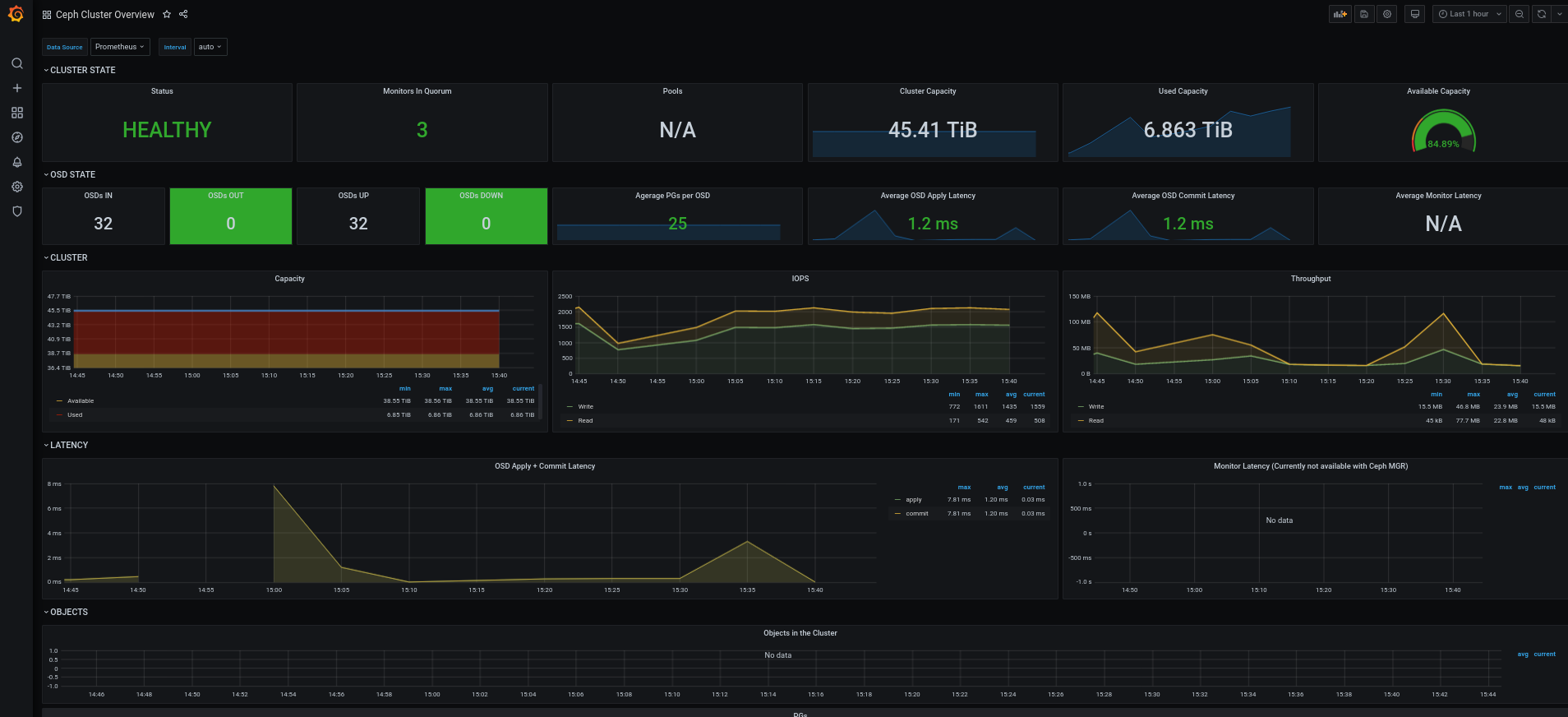After R0 has been released in July and focused on the installation of a test environment, the release R1 of Sovereign Cloud Stack was released last Wednesday, 2021-09-29.
The newest release R1 includes the OpenStack Wallaby Release, Kubernetes version v1.21.x, and the Kubernetes Cluster API version v0.4.
The full release notes including technical details can be found in the central docs repository of the SCS project on GitHub.
A special focus during this sprint was on the management of Kubernetes containers based on the k8s Cluster API, which was integrated in version Alpha 4. Both through the conformance tests of the Cloud Native Computing Foundation using sonobouy, and in real-world use during the first Gaia-X Hackathon on August 30 and 31, 2021, the maturity of SCS’s k8s cluster management was tested and determined for productive systems.

With the Kubernetes Cluster API, DevOps teams can create and manage Kubernetes clusters for development, for test and staging, and for production environments on-thy-fly. Of course, the cloud operator can also offer a managed service to its users via the same technology. Detailed release information on SCS’s k8s-cluster-api-provider can be found in the corresponding repository.
The Sovereign Cloud Stack project’s Monitoring Special Interest Group has collected various examples of monitoring SCS environments. The blueprints for Prometheus exporter, rules and Grafana dashboards can be used by providers after appropriate customization to ensure low-threshold, high-quality operation of their own SCS platform.

For the upcoming release, we plan to integrate these blueprints directly into the testbed deployment and also make them available to the OpenStack upstream community. We particularly welcome feedback on the examples integrated in release R1 and, in addition, suggestions on other essential operational tools.
With the current version of OSISM in release R1, centralized logging is now also enabled by default. The logging rules still have to be adapted by the provider according to his environment. Similar to monitoring, we also plan to publish already tested rules in the area of logging as a blueprint with the upcoming releases.
Authentication against Horizon, the OpenStack standard web interface for using an SCS Cloud, can additionally be realized with OpenID Connect via the integrated identity and access management solution Keycloak. This enables federation across multiple cloud service providers, in line with the vision of Gaia-X.
For the following release R2, we plan to work further on the high availability of the IAM service, which could not be fully tested at the time of the release in its current implementation based on Galera Cluster.
For automated distribution of the Sovereign Cloud stack on physical hardware, the ironic service can be installed using OSISM. To enable prior testing of the automated deployment, a virtual BMC service has been integrated, so that bare metal deployments can also be tested in the testbed. The main building blocks are already available upstream, but were not fully integrated into R1 due to the short timing of the release.
Following the successful engagement of the SCS community in the first Gaia-X Hackathon, concrete plans are already being made for the second Hackathon on December 2 and 3, 2021. This will feature a dedicated two-day session in which a fully sovereign cloud will be built from scratch. Interested cloud architects are invited to join us in installing and running SCS hands-on on real hardware.

In addition, as part of the “Important Project of Common European Interest - Cloud Infrastructure and Services” (IPCEI-CIS), the SCS project is actively participating in the so-called GREEN-CIS consortium, short for “General Purpose Resilient and Secure Energy Efficient Computing Infrastructure Network”. This growing alliance of a total of 28 industry and research partners has set itself the goal of developing and building a virtual, sustainable cloud edge system operating as a single entity based on a decentralized, multi-provider ecosystem. In this regard, we are pleased to receive positive feedback from the German Federal Ministry for Economic Affairs and Energy, which will send the GREEN-CIS consortium together with 21 other projects to the European matchmaking event on October 06, 2021.
The Sovereign Cloud Stack project will play a central role as an open and sovereign cloud technology and will serve as the basis for further platform services as well as for a modern edge cloud.